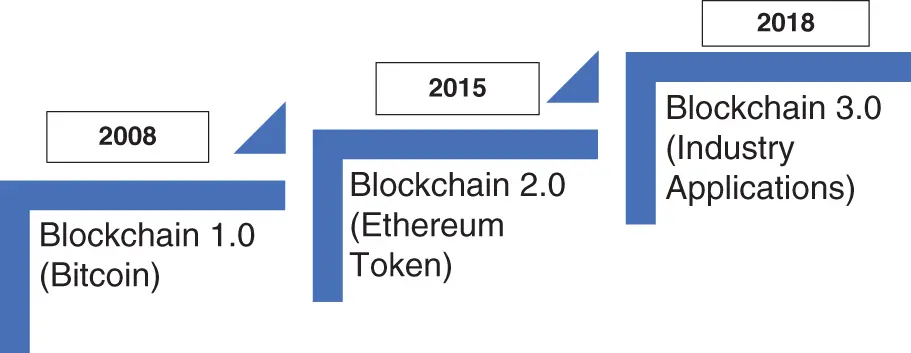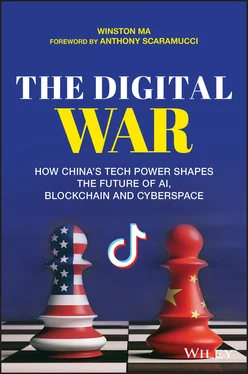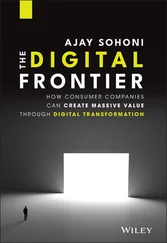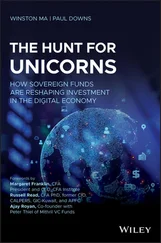1 ...6 7 8 10 11 12 ...17 This national digital currency push does not come as a surprise. In an October 2019 speech, Chinese President Xi Jinping declared blockchain “an important breakthrough,” that would play “an important role in the next round of technological innovation and industrial transformation.” President Xi urged that China should accelerate the development of blockchain to “seize the opportunity”, in remarks that marked the first major world leader to issue such a strong endorsement of the widely hyped—but still unproven—distributed ledger technology (DLT). (By contrast, most governments in the West have been far more cautious.)
Calling for blockchain to become a focus of national innovation, President Xi's speech detailed the ways the Chinese government would support blockchain research, development, and standardization. To global policymakers, China's blockchain push seems to serve two of its strategic goals: ending the hegemony of the dollar and reducing dependence on the United States for foundational technologies. The central government's support for blockchain projects in China puts any initiatives or standards that emerge on the front foot, potentially hastening the mainstream application and use of the technology.
To be clear, President Xi's speech and DCEP is entirely about blockchain, far from a vote of confidence in Bitcoin or other cryptocurrencies. Blockchain is a form of distributed ledger that creates an online database where every participant can share and synchronize information. The data, maintained in chained records called “blocks”, is not owned by any single authority (hence, the notion of “decentralization”). Such a decentralized, cryptography-based network mechanism enables immutable data retention and secure transmission. As a matter of fact, Chinese entrepreneurs have been on the crest of the blockchain wave since Bitcoin first gained traction.
The concept first emerged in the 1990s, but did not become reality until 2008, when Satoshi Nakamoto—a pseudonym whose true identity still remains unknown—reportedly launched Bitcoin, a digital currency that used blockchain to realize and store its value. China's startup ecosystem had aggregated enormous experience in building digital blocks before the release of the Ethereum platform in 2015, which marked a milestone in the second-generation blockchain system that embodied “smart contracts”. The blockchain field was revolutionized by the implementation of layered smart contracts in the Ethereum platform to create applications other than money exchanges.
Along the way, China has become home to some of the world's largest cryptocurrency “mining farms”—data centers hosting the high-powered computers where the so-called miners (companies or passionate individuals) compete against others in the blockchain network to solve complex math puzzles and earn new coins. According to CoinShare's estimate in December 2019, approximately two-thirds of global Bitcoin mining (65%) happens in China: Sichuan province alone produces more than half (54%) of global hashrate (the parameter for mining capacity). Moreover, China manufactures most of the world's mining equipment. Chinese companies, such as Bitmain, Canaan, and MicroBT, are among the world's biggest manufacturers of Bitcoin mining gear.
Furthermore, the Chinese exchanges for cryptocurrencies (Bitcoins and other tokens) used to lead the world in terms of volume. The “coin” rush was interrupted by Chinese authorities in September 2017, which effectively banned all Initial Coin Offering (ICO) activity within China as “unauthorized and illegal public fundraising” and “unauthorized public sales of securities”. The Chinese government also made illegal all cryptocurrency exchanges within the country. As a result, the market saw cryptocurrency trading and other related activities in China moving abroad due to tightened regulation.
Although China has cracked down on cryptocurrencies, shutting down all domestic crypto exchanges and banning all ICOs, blockchain technology itself is recognized as a revolutionary development by the government. After all the noise, hype, and speculation died down, the blockchain technology reached its third phase and has been integrated with the real economy since 2018 (see Figure 1.2). Real companies have come to the field to focus on application of the technology in solving real business problems to create solid values.
For enterprises, blockchain is expected to apply broadly in the business world to revolutionize how data is managed and shared. Blockchain can offer an excellent solution to synchronize data, especially sensitive information, across companies, industries and geographical boundaries. It can facilitate a trusted network that enables multiple parties to exchange data, information, and assets directly, as in the case of supply chain finance (see the details in Chapter 5relating to fintech discussions) in the manufacturing sector. The technology is used widely across a range of industries in China: for banking, financial services, public services, healthcare, logistics, and smart manufacturing. If blockchain is mainstream anywhere, it's in China.

Figure 1.2 Blockchain from 1.0 to 3.0
No doubt, the launch of DCEP and the ongoing rollout of blockchain applications should further support China's global technology ascent. Whereas blockchain technology is newly embraced by China as a frontier of innovation, the country is also making giant strides in advancing the 5G network, artificial intelligence (AI), and more emerging technologies—a digital rush started from a chess game in 2017.
AlphaGo, the Historical Match
In May 2017, the Chinese media was abuzz with reports about a historical match of the Go chess game ( weiqi ). It was a best-of-three match between Chinese player Ke Jie, the world's No.1 ranked player and world champion, and the AI-enabled computer Go program called AlphaGo, designed by the DeepMind Lab of the US internet giant Google. The match turned out to be one of China's most talked-about news events in 2017, attracting hundreds of millions of views on social media.
For many, the Wuzhen showdown was ripe with suspense and symbolism: uman versus machine; tradition versus modern; intuition versus algorithm; East versus West. Who would prevail? ( See the “Match Impossible” box.)
In the end, a tearful Ke Jie became the hallmark image of this historic match. After losing 0–3 to AlphaGo, Ke Jie took off his glasses and wiped his eyes, the sound of his distress filled the room in which he had fought and lost. Subsequently, AlphaGo went on to defeat a team of five top Chinese professionals in a demonstration game in which they were allowed to lay down variations on a board and discuss among themselves, showing that even collective human minds couldn't beat the machine.
China is the birthplace of weiqi ( Go chess), an ancient board game played on a 19x19 grid. In Go , two players place black or white stones on the grid, each seeking to seal off the most territory. Historical records show it was played as early as the Zhou dynasty (1046 BC–256 BC). The match took place in Wuzhen, Zhejiang province, where there is a canal more than 1300 years old—a fitting venue for a game that dates back thousands of years. Wuzhen also hosted China's annual World Internet Conference, creating a parallel link to the digital power of AlphaGo.
In contrast to the long history of Go within Chinese culture, the development of AlphaGo was only three years old at the 2018 match. Go is seen as an extremely difficult game for computers to master because there are more possible board configurations in Go than there are atoms in the visible universe. Furthermore, human players believe that winning multiple battles across the board relies heavily on intuition and strategic thinking and that a software algorithm cannot simply memorize all combinations of board pieces, assess the situation by calculating all possible moves, and select a strategy to win, like in chess.
Читать дальше













